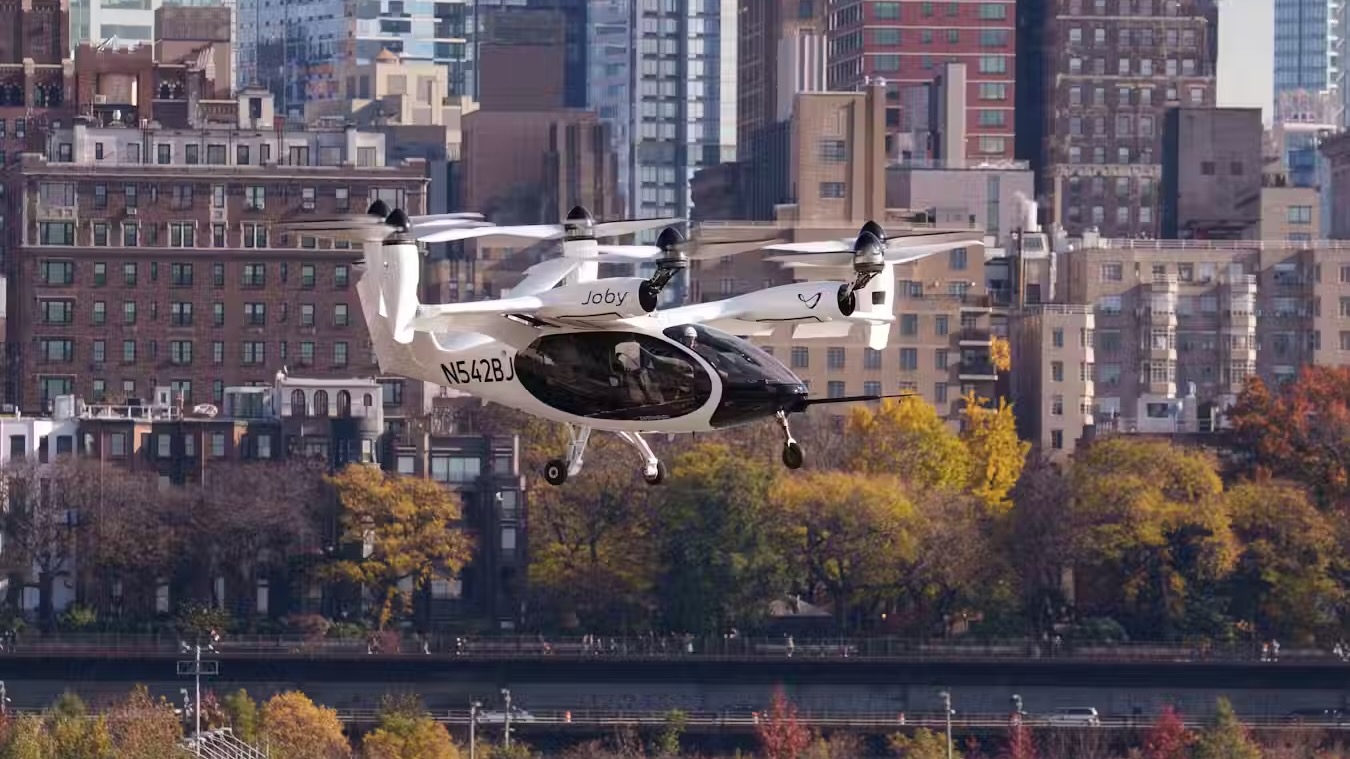Futuristic Electric Air Taxis: Revolutionizing Urban Mobility
Key Ideas
- Startups like Joby, Archer, and Lilium, along with established giants like Boeing and Airbus, are developing electric air taxis to transform urban transportation.
- The challenges facing electric air taxis include battery limitations, regulatory hurdles, and the need for societal acceptance of autonomous vehicles.
- Hydrogen presents a promising alternative to traditional batteries for electric aviation, but faces challenges related to storage and infrastructure.
- The long-term vision involves incorporating electric air taxis into daily urban and rural transportation, requiring technological advancements and public trust in autonomous vehicles.
United Airlines, along with startups and aerospace giants, is working on electric air taxis for cities like Chicago and New York. While offering a promising eco-friendly alternative for urban and rural travel, challenges like battery limitations and regulatory hurdles exist. These eVTOL aircraft aim to reduce congestion and carbon emissions, but the industry must address safety concerns, battery technology limitations, and societal acceptance of autonomous air travel. Hydrogen emerges as a potential solution, yet faces obstacles in storage and infrastructure. The future envisions a shift to autonomous electric air taxis, requiring advancements in technology and public trust. Overcoming current obstacles is crucial for a future where electric air taxis are a common mode of transportation.
Topics
Aviation
Sustainability
Battery Technology
Aviation Technology
Urban Mobility
Transportation Innovation
Autonomous Vehicles
Regulatory Challenges
Electric Aviation
Latest News
